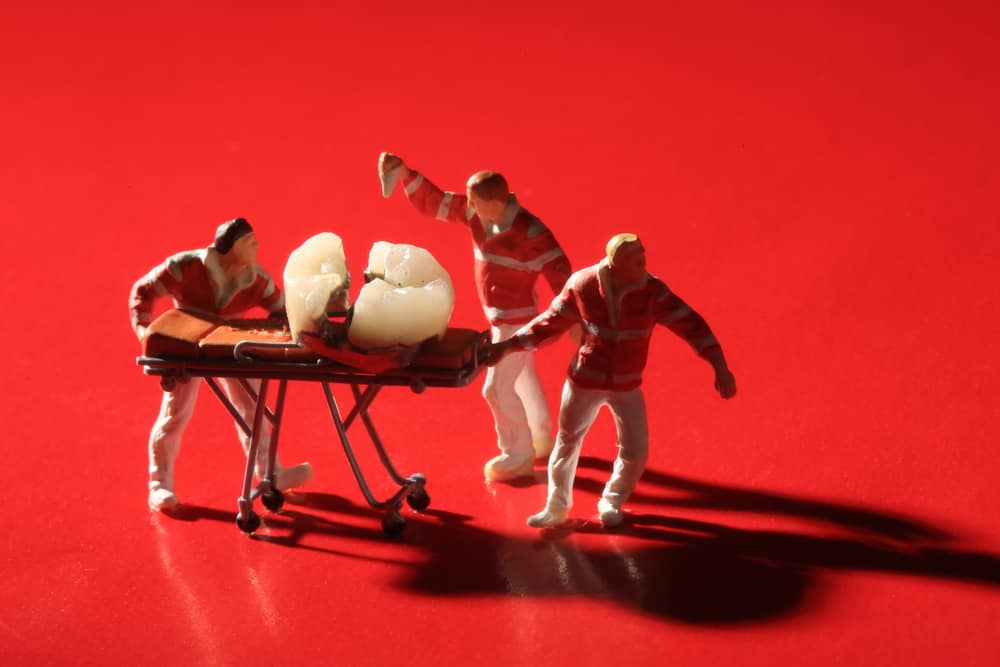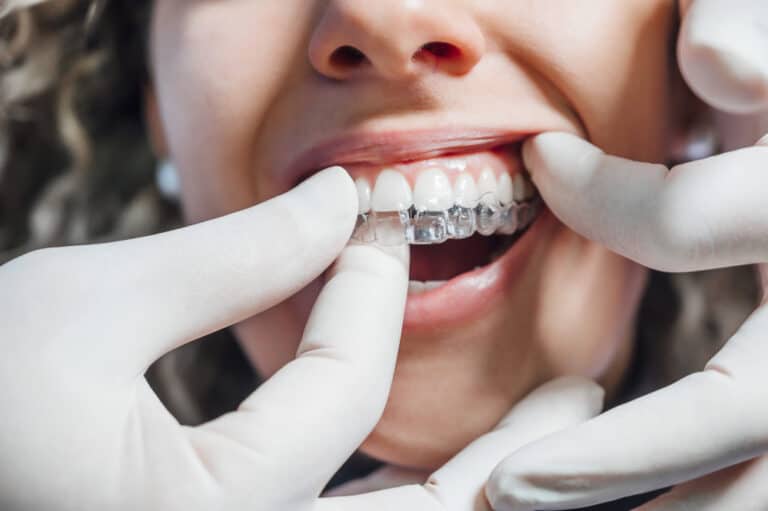Despite your adequate efforts, you may experience a dental emergency at a surprising time or place. While dental emergencies can be problematic, knowing what to know when the emergency strikes can save you from costly and complex dental problems.
But sometimes, it’s unclear what exactly qualifies as a dental emergency. You might not be sure if you should call your dentist immediately, regardless of the time of day, or wait to schedule an appointment with the dentist during normal business hours.
But no need to worry. This article will tell you about common dental emergencies and what to do in each case.
What is a Dental Emergency?
A dental emergency refers to any injury, trauma, or problem involving your teeth, gums, or mouth that causes extreme pain (and sometimes bleeding) and needs immediate attention. In case of a minor dental emergency, you won’t have to visit your dentist immediately.
However, major dental emergencies need to be treated quickly, whether to save the damaged teeth, relieve pain, or stop excessive bleeding. If you ignore dental emergencies, you may experience permanent damage and need more expensive treatments in the future.
5 Most Common Dental Emergencies
Here is a list of 5 most common dental emergencies you or your loved ones may experience:
- Trauma or Injury
Accidents can sometimes result in soft tissue injuries. When the soft tissues of your gums, tongue, lips, or the inside of your cheeks get lacerations or tears, you’ll experience excessive or uncontrollable bleeding. You’ll have to visit the emergency room or see an emergency dentist.
In case of any soft tissue injury, you should call your emergency dentist for guidance on what to do next. Meanwhile, use water to wash the soft-tissue injury and apply pressure to control bleeding.
- Cracked or Chipped Tooth
Did you bite something hard? While it may cause sharp pain, examine your tooth closely to see if it’s cracked or chipped.
Your tooth can get cracked or chipped if you bite down on any hard object or have a habit of grinding in your sleep. A chipped or cracked tooth can become a major dental emergency if it results in extreme pain or excessive bleeding.
- Infected Tooth
When you think of dental emergencies, an infected tooth may not be the one that suddenly pops up in your mind. Still, an infected tooth can also classify as a dental emergency if it’s causing a severe toothache.
When the decay reaches the dental pulp, bacteria can attack and cause infection. It may lead to the formation of tooth abscess, due to which you may experience persistent and throbbing pain in your tooth.
While over-the-counter pain relievers offer temporary relief, you must visit your dentist ASAP if you suspect a tooth infection. Your dentist will take out the infected pulp and seal the treated tooth to provide you relief from pain.
- Broken or Dislodged Tooth
Sometimes minor accidents can result in a broken or knocked-out tooth. Perhaps you experienced an injury or fell down the stairs. But knocked out tooth is quite painful no matter the cause.
But the good thing for you is that you can reattach the knocked-out tooth if you reach the dental office within 30 minutes of losing your tooth. Make sure you handle your tooth carefully and take it to your emergency dentist in time.
Also, if you have lost a dental crown or filling, visit your dentist ASAP, or else it may result in an infection.
Emergency Dentist in Ashfield, NSW, Australia
If you’re searching for the best emergency dentist in Ashfield, NSW, Australia, then Ashfield Family Dental is perfect. Our experienced dentists provide flexible appointment scheduling for any type of emergency case.
In case of any dental emergency, call us right away.




